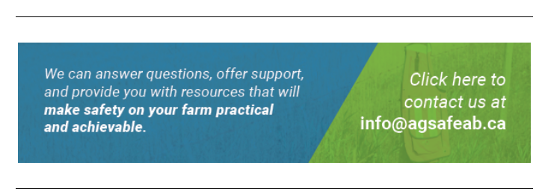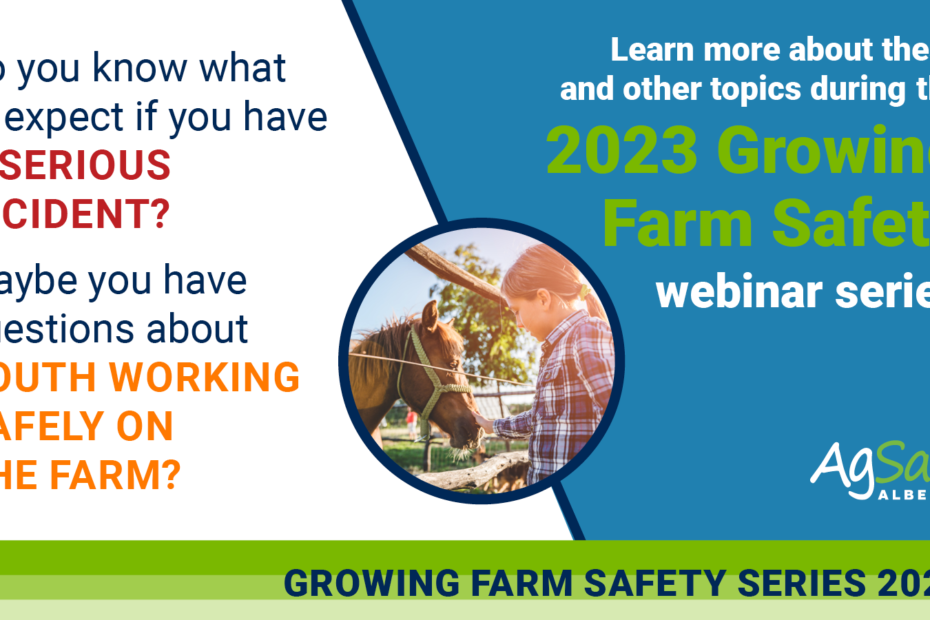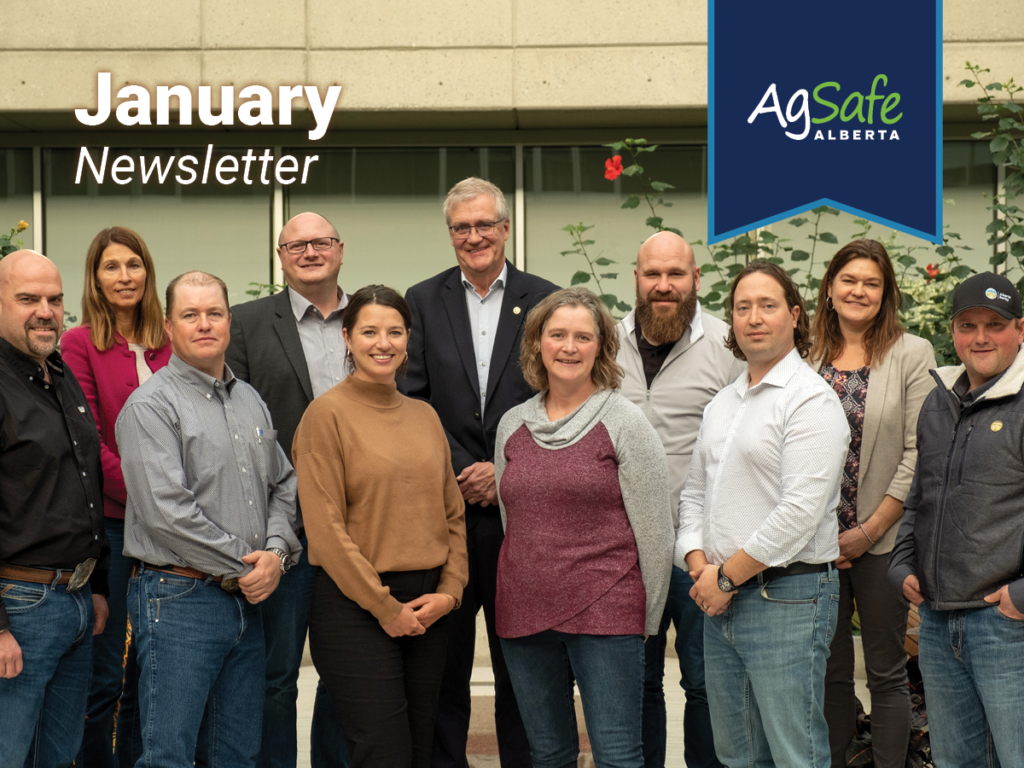
It Happened to One of Us
2016 Incident Summary
(Incident source: The Canadian Press. (2016, January 4). Alberta man dies in propane tank explosion on farm. Theglobeandmail.com. Accessed November 9, 2022, from https://www.theglobeandmail.com/news/alberta/alberta-man-dies-in-propane-tank-explosion-on-farm/article28000374/)
| Description | Injury Type | Age Range | Sector | WCB Code |
| Propane tank explosion | Fatality | Not Confirmed | Not Confirmed | Not Applicable |
A farm owner/operator had been using a propane-fired torched when the propane tank exploded. While few details were reported, we can all recognize how common propane tanks and cylinders of all sizes are on farms. Propane can be used for a variety of purposes, from powering equipment and appliances to heating homes and livestock housing. Propane tanks and cylinders are quite safe when handled and stored properly, but like anything else, they are not without their hazards.
An Explosion or a BLEVE?
A Boiling Liquid Expanding Vapour Explosion (BLEVE) can occur when a liquified petroleum gas (LPG) such as propane or a natural gas tank or cylinder is heated. This heating causes a build up of vapour pressure within the tank to such a great extent that the safety relief valves cannot keep up and the cylinder or tank bursts apart. When that happens, the propane released can explode if a source of ignition is present. Fragments of the cylinder or tank can be sent flying and travel long distances. The explosion can be fatal, as can the fragments if they were to hit someone.
Take a few moments to make certain everyone on your farm understands how to safely handle and store propane cylinders using the Toolbox Talks provided below:
Click here to download and print AgSafe Alberta’s Toolbox Talk on Safe Handling of Propane Cylinders.
Click here to download and print AgSafe Alberta’s Toolbox Talk on Safe Storage of Propane Cylinders.
Growing Farm Safety Series Presentations

Weathering the Storm: What to Expect When a Serious Incident Occurs
Jan. 17, 2023 at 1 p.m. MST
Christopher W. Spasoff
Founder & OH&S Lawyer, F2 Legal Counsel
You’ve just had a workplace incident. It’s sent a wave of emotion throughout you, your business, and the local community. The government, clients, families, your workers and the media are all pressuring you for information and answers. And while you know you need to respond, you’re probably asking yourself a lot of the same questions. As prepared as you thought you were for this type of tragedy, it still came about quickly, and of course, unexpectedly. While you’re struggling to understand the situation you’re facing, and focusing your attention on steps to prevent it from happening again, seemingly everything and everyone else is focused on you. You’re putting on a brave face, but deep down inside, you’re finding it tough just to keep the operation going, and your head above the water.
Don’t wait for the storm to hit before taking action. Join us on Jan. 17, 2023, for a discussion on how to identify, anticipate and effectively navigate the various challenges, expected and unexpected, that will require your attention following a workplace incident.

Protecting and Promoting the Health of Young Agricultural Workers
Jan. 31, 2023 at 1 p.m. MST
Dr. Diane S. Rohlman
Great Plains Center for Agricultural Health, University of Iowa
There are many benefits for youth working in agriculture, including the development of job skills and increased self-esteem, responsibility and earned income. However, adolescents and young adults working in agriculture (under 25 years old) are at increased risk for injuries. In addition to traditional workplace hazards, developmental differences (both physical and cognitive), inexperience, fatigue and distracted behaviours increase the risk of injury.
Parents, employers and educators play an active role in protecting these vulnerable workers. Communicating effectively with young workers about health and safety hazards that impact injury risk is key to protecting this population. This webinar will describe specific skills and practices that can be implemented in the workplace, on family farms and in agricultural classrooms.

Agricultural Fitness for Duty: Impairment in the Workplace Basics
Feb. 15, 2023 at 1 p.m. MST
Dan Demers, BSc., C-SAPA
CanAmm
Impairment in the workplace comes in many forms and presents genuine risks to workplace safety and the public. Agriculture has multiple challenges in addressing substance use and the safety implications; however, these challenges are not unique. Many agricultural operations are family-run or have very few employees on site. In operations with a small group of trusted staff, the hard lines on safety can blur, especially when substance use is at the issue’s core. This session will review the critical requirements necessary to address impairment in the workplace, highlighting how other safety-sensitive industries handle these matters and the challenges that cannabis legalization poses for the agricultural industry’s workplace safety.

ATV-UTV Safety for Women
March 8, 2023 at 1 p.m. MST
Dan Neenan
Director, National Educational Center for Ag Safety
Agriculture ranks among the most hazardous industries. Farmers are at very high risk for fatal and non-fatal injuries, and farming is one of few industries in which family members (who often share the work and live on the premises) are also at risk for fatal and non-fatal injuries. ATVs and UTVs are found on all types of farms; they are useful for agricultural work, but they also pose serious hazards to operators and passengers. Studies indicate that injured ATV/UTV passengers are more commonly female and youth and that helmet use is significantly lower for passengers. The focus of the training would be on ATV/UTV maintenance and safety features, personal protective equipment (PPE), load and weight considerations, operation on public roadways, as well as employee training and considerations for working alone.
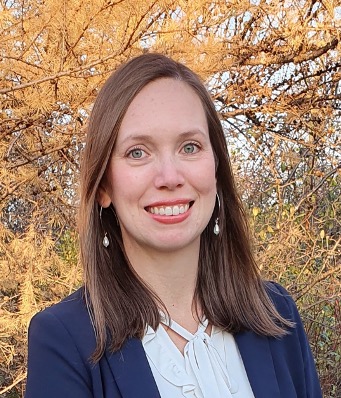
Farm Safety and Sustainability
March 21, 2023 at 1 p.m. MST
Monica Hadarits
Executive Director, Canadian Roundtable for Sustainable Beef
The three pillars of each sustainability program are the 3P’s (People, Profit, Planet). We often hear a lot of talk about the planet aspect. Join this webinar to hear more about the people side of the equation and why safety is a key component to ensuring your farm’s sustainability.
12 Days of Safety Winners
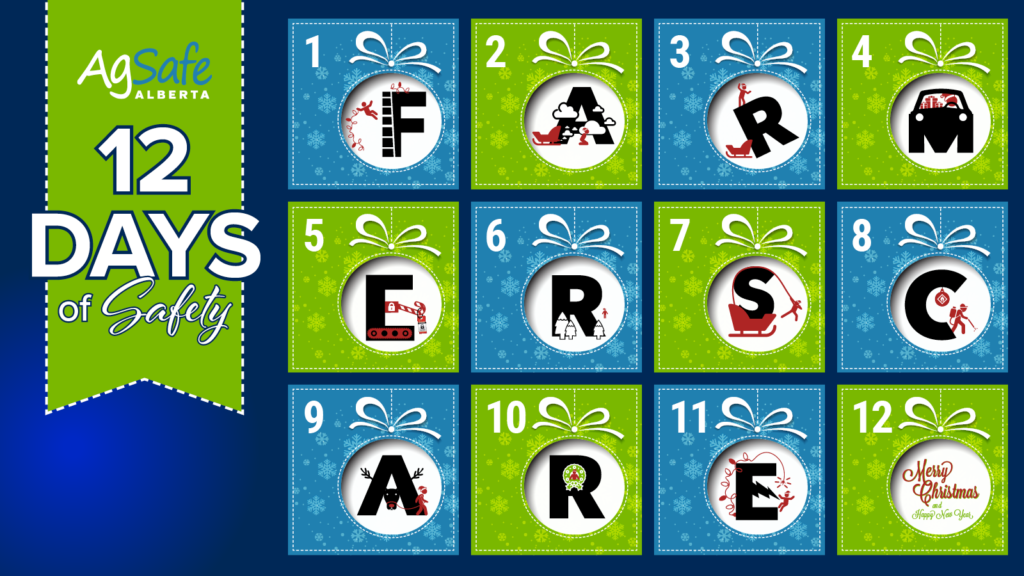
| Day 1 | Ice Cleats | S. Pfeffel |
| Day 2 | N95 Respirator Package | K. Richardson |
| Day 3 | AgSafe Alberta High Visibility Vest | P. Garcia |
| Day 4 | Roadside Flare Kit | P. O’Neil |
| Day 5 | Wheel Chocks | C. Warren |
| Day 6 | First Aid Kit | P. Van Aert |
| Day 7 | Tie Downs | M. Camps |
| Day 8 | FREE WHMIS 2015, Pesticide, Veterinary Drug and Medicated Feed Awareness Course using Promo Code SAFETY8 until Jan. 31, 2023 | Everyone is a winner! Don’t forget to register before Jan. 31, 2023. |
| Day 9 | Cattle Rattle | D. Jenson |
| Day 10 | Intrinsically Safe Headlamp | A. These |
| Day 11 | Mystery Fortis Gift Package | M. Buijsse |
| Day 12 | FREE Effective Health & Safety Representative Course or Effective Health & Safety Committee Member Course using Promo Code SAFETY12 until Jan. 31, 2023 | Everyone is a winner! Don’t forget to register before Jan. 31, 2023. |
Celebrating Five Years of Service
Thank you to AgSafe Alberta Advisors Sheri Marthaller and Maria Champagne for all your hard work on your five-year anniversary with us!


SAFETY FIRST, LAST THOUGHTS
FARMERS CARE LEVEL 1: THE RE-BOOT
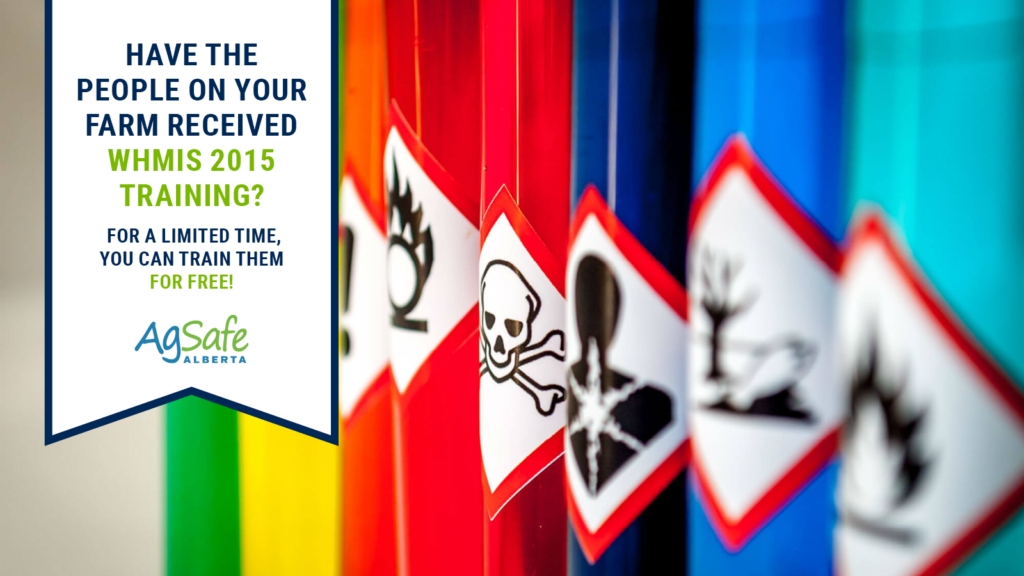
Why Take WHMIS… Especially If You Have Already?
Everyone uses hazardous products in their day to day lives. We have them in our homes, garages, shops and barns. Unfortunately, most do not recognize the hazards of these products or the measures they need to take to protect themselves and others from these products. Even when someone has taken the training and knows better, it is possible to find incompatible substances stored together; for example, how many cleaning cupboards have both bleach and ammonia-based products stored together?
We know what you are thinking right now, that you have taken WHMIS before and that you know all that you need to know… but are you certain about that?
- In 2015, WHMIS changed to align with the classification and communication requirements of other trading partners around the world, resulting in some key changes.
- WHMIS regulations are Canadian Law and employers are required to provide both general WHMIS training and farm-specific WHMIS training.
- Over time, we forget things or develop bad habits. By taking what is considered “refresher training,” you are reminded of those things you forgot or the reasons why things need to be stored and handled in a certain way.
AgSafe Alberta’s WHMIS 2015, Pesticide, Veterinary Drug and Medicated Feed Awareness course is FREE using promo code SAFETY8 until Jan. 31, 2022.
What makes AgSafe Alberta’s WHMIS training different from other providers?
- It is not some generic online course written for another industry, but one that has been designed specifically for the people on farms and ranches.
- It addresses not only those products covered by WHMIS that fall under the Hazardous Products Act, but also addresses those that fall under other legislation, such as Pesticides and Veterinary Drugs & Medicated Feeds.
- It addresses the roles and responsibilities of those working on the farm in relation to these products and Alberta legislation.
CONTACT US
For general inquiries: info@agasafeab.ca /403-219-
For our hotline for incidence assistance: 1-833-9AGSAFE

